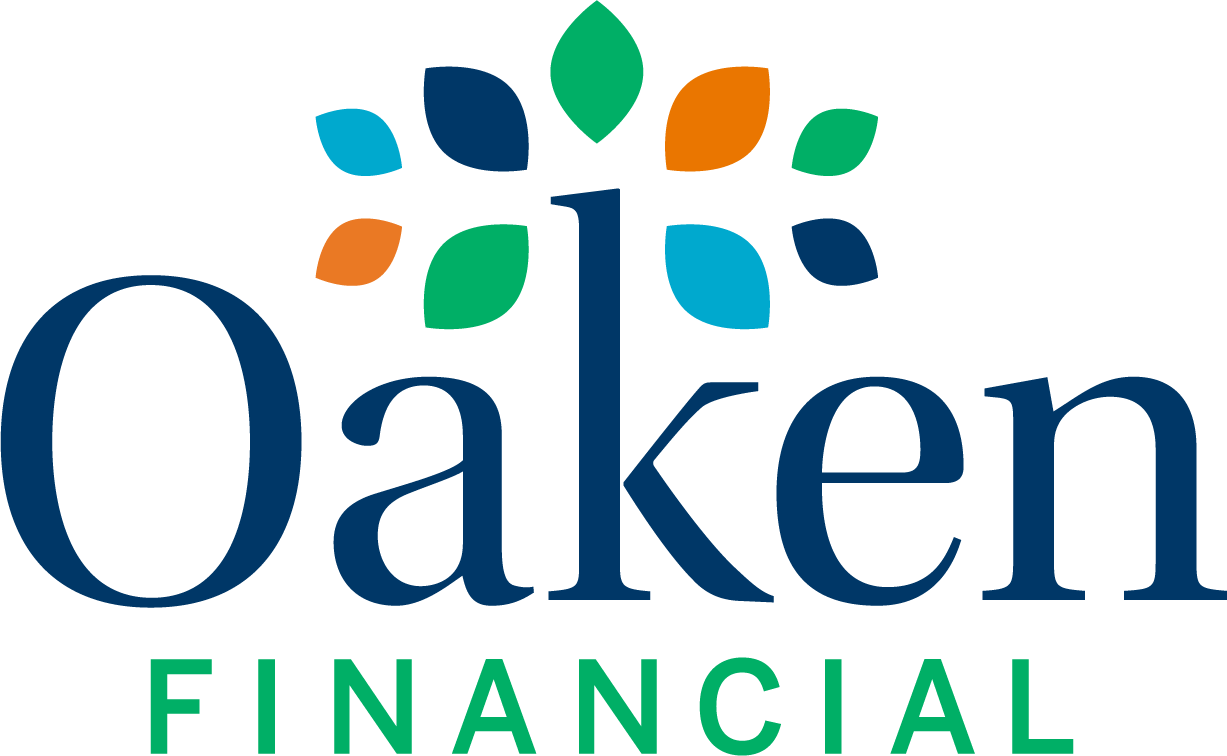Growing up, I was fortunate that my parents taught me some of the basics when it comes to finances. It’s not like they had a ton of money or worked in the financial services industry. They were immigrants who understood the value of a dollar and passed those values down to me.
The truth is, none of the tips they shared with me are new. Some of them are even a bit dated, but by adjusting them to how things are now, I’ve been able to establish a strong outlook on my money. Best of all, everything my parents taught me encouraged me to learn more about my finances, which is how I ended up becoming a personal finance expert. These are the money rules I live by.
Put your money in the bank
This may seem obvious, but when you’re an 8-year-old, the idea of a bank paying you interest when depositing your money is mind blowing. Here’s the thing: how many bricks and mortar banks actually pay you a decent amount of interest these days on your deposited money? The odds are, you’ll have to pay them in the form of monthly account fees.
This is why I prefer to park any short term savings I have within a digital bank, where I can easily earn more than 2% interest. These types of banks usually don’t have any monthly fees, don’t require me to maintain a minimum balance, and my account may be covered by the Canadian Deposit Insurance Corporation (CDIC) which gives me peace of mind.
Save for the things you want
Like any other child, there were a lot of things I wanted (like every original Transformer figure). But if it wasn’t my birthday or Christmas, I would have to pay for them myself. Rarely did I ever have enough cash on hand to buy things, so my parents showed me how to save my money (with the help of my bank account). Funny thing, on a few occasions, after I had saved enough for what I wanted, I decided against making the purchase. That toy or game was no longer popular, so I didn’t want it anymore.
Taking that example to adulthood, I never buy anything unless I can afford to pay for it. That means I only use my credit cards if I know I can pay off the full balance every month. Even when I can afford things right away, I tend to wait 24 hours before making the purchase, because often I’ll realize that I don’t need it that badly.
Spend less than you make
Spending less than you make seems like a simple concept, but if everyone understood it, then Canadians wouldn’t be facing record debt levels. Overspending might be an issue for some people because they don’t budget properly. As soon as I got a job, I made a budget which consisted of all my expenses and saving goals. As long as my expenses weren’t higher than my income, I was going to be in good shape since I was never in the red.
The tricky thing is that some of those expenses can be deceiving if you’re not careful. Anything can appear affordable if you’re looking just at the monthly payments. But once you factor in interest payments, those expenses can cost a small fortune in the long run, which is why I try to keep my costs low. Budgets change all the time, so I adjust mine as needed. But without one, I’d be lost.
Pay yourself first
I would argue this is the most important money rule I learned. My parents taught me to always put aside some money for savings (e.g. in my Retirement Savings Plan, for a home down payment, or even my vacation fund) before I made any purchases. This seems like the logical thing to do, but so many of my peers often wait until the end of the month to see if they have any money left over before they start saving. Spoiler alert: they rarely ever do.
Paying myself first has always been easy because I would set automatic transfers to my various savings accounts the day after I got paid. Since the money came out of my account right away, I never missed it, nor was I ever tempted to spend it.
If someone offers you free money, take it!
This is something I taught myself, but unfortunately it took some time for me to figure it out. My former employer offered a Defined Benefit (DB) pension plan, but I didn’t sign up right away because I thought it wasn’t necessary, since I was already putting aside money in my RSP. As I would find out later, a DB pension is almost guaranteed money, and it was in my best interest to sign up right away. It took me seven years to figure that out. I still get upset about how much money I left on the table by not joining the plan right away.
If your employer offers you any kind of pension, RRSP matching or an employee stock plan, it’s almost always worth signing up as it’s practically free money. Even taxable benefits which are optional, such as meal plans or parking, can be incredibly valuable, so don’t pass on them right away.
Final thoughts
These money rules worked for me, and hopefully they’ll inspire you. That said, every situation is different, so you don’t need to live by all of my rules. Come up with a few ideas that work for you and think about your long-term finances while juggling any short-term obligations.



 Saving strategies
Saving strategies